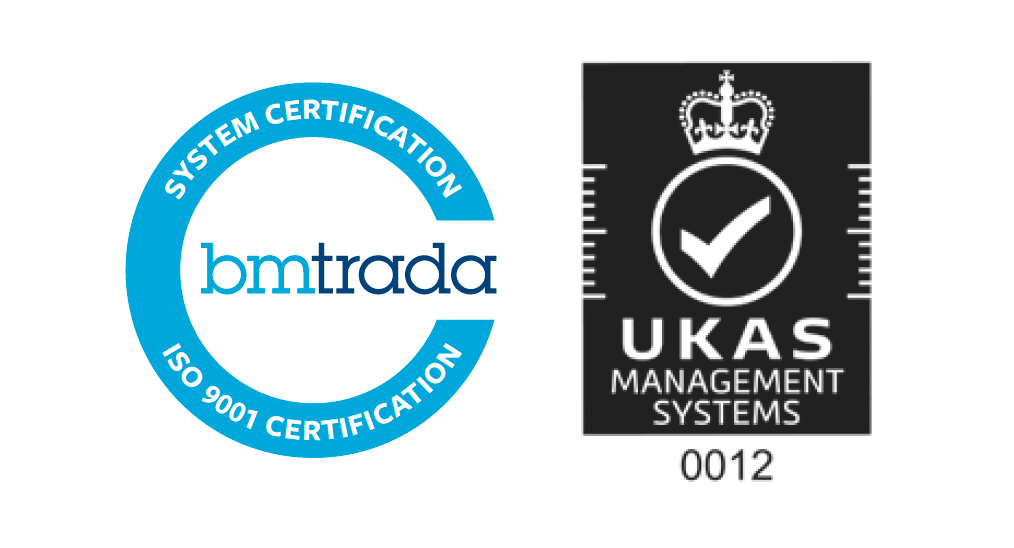In place of competition and tendering, ICSs will work through collaboration and partnership to improve health and care, harnessing all assets in their communities in the interests of the people they serve. The challenge they face is how best to do so when demand for care is rising faster than available resources and politicians are understandably impatient to see results.
It would be easy but wrong for the government to resort to top-down controls to improve performance. Standards and targets will always have a part to play in a national health service but they are unlikely to be sufficient given the scale of the pressures ICSs face. Now is the time to reduce reliance on hierarchical controls and for ICSs to take ownership of finances and performance.
Our thinking on these issues has been shaped by the work of Elinor Ostrom who was awarded the Nobel prize for economics for her work on how communities can come together to take collective control of common resources. Ostrom’s research drew on examples from irrigation, fisheries, forests and farming to show how self-organising was often an effective way of sustaining finite resources for the benefit of those who were dependent on them.
Ostrom set out a number of design principles to guide how self-organising might succeed. These principles included users sharing in the development of rules on resource use, using graduated sanctions for violations of these rules, and agreeing on low-cost means of resolving conflicts. Her thinking reflected a belief that ‘a core goal of public policy should be to facilitate the development of institutions that bring out the best in humans’.
We share this belief and see ICSs as an opportunity for NHS organisations and their partners to exercise greater stewardship of resources in their areas. This would mean ICSs being held to account for delivering agreed outcomes while having the latitude to decide how best to do so. ICSs would be expected to exercise mutual accountability for performance with partners supporting each other to overcome challenges instead of being subject to external interventions.
Ostrom’s research was based in communities where users of common resources lived and worked in close proximity. This resulted in frequent personal contact and face to face communication which promoted understanding of and shared commitment to collective action. The places that makeup ICSs share many of these characteristics and building this way of working in place-based partnerships should be the focus initially.
In turn, place leaders should spend time with each other and with system leaders to generate alignment behind shared purpose and vision. Collaborative relationships are the glue that bind together places and systems and require skilful leadership to nurture. When trust is established, leaders are better able to call out behaviours that violate agreed rules and to request and accept support from peers.
The priority now is for ICSs to demonstrate that they can lead improvements in health and care by drawing on the intrinsic motivation of staff to work together for the greater good. By ‘reforming the NHS from within’ they can break the mould of competition and top down controls as the policies of choice of governments over the past thirty years. This is surely a prize worth fighting for.
Chris Ham is chair of the Coventry and Warwickshire ICS and Donna Hall is chair of Bolton NHS Foundation Trust and former CEO of Wigan Council. Chris and Donna are both advisers to CF and members of the board of New Local.



